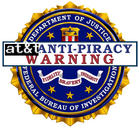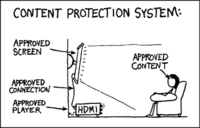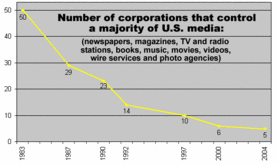 Yo ho:
Yo ho:
Remember YouTube’s content filtering system? AT&T is mulling setting one up across its whole network. BusinessWeek’s reporting AT&T’s in talks with NBC Universal and Disney to possibly use content-recognition tech developed by Vobile—a company they’ve all invested in—to block pirated material from being sent to and fro along its network.Perhaps Disney, NBC, and AT&T have forgotten that Disney has made pirates very popular.— tips@gizmodo.com Net Neuterality: AT&T Considering Scary, Content-Recognizing Anti-Piracy Filter for Entire Network, Gizmodo, by Matt Buchanan, 8 Nov 2007
Meanwhile, it’s one thing for YouTube to do content filtering. It’s quite another for AT&T, as one of the duopoly of Internet access in most of the U.S., to do the same. You know, the same AT&T that censored Pearl Jam and other bands for expressing political views.
I wonder how big a backlash there will be when AT&T’s customers discover more false positives than fingerprints?
-jsq





